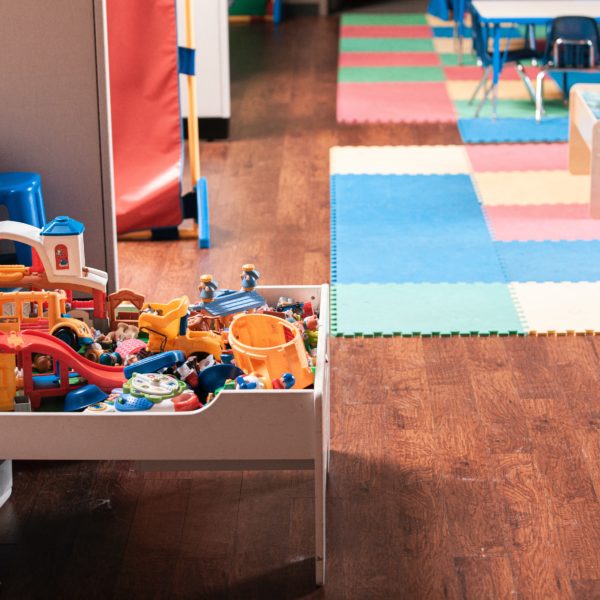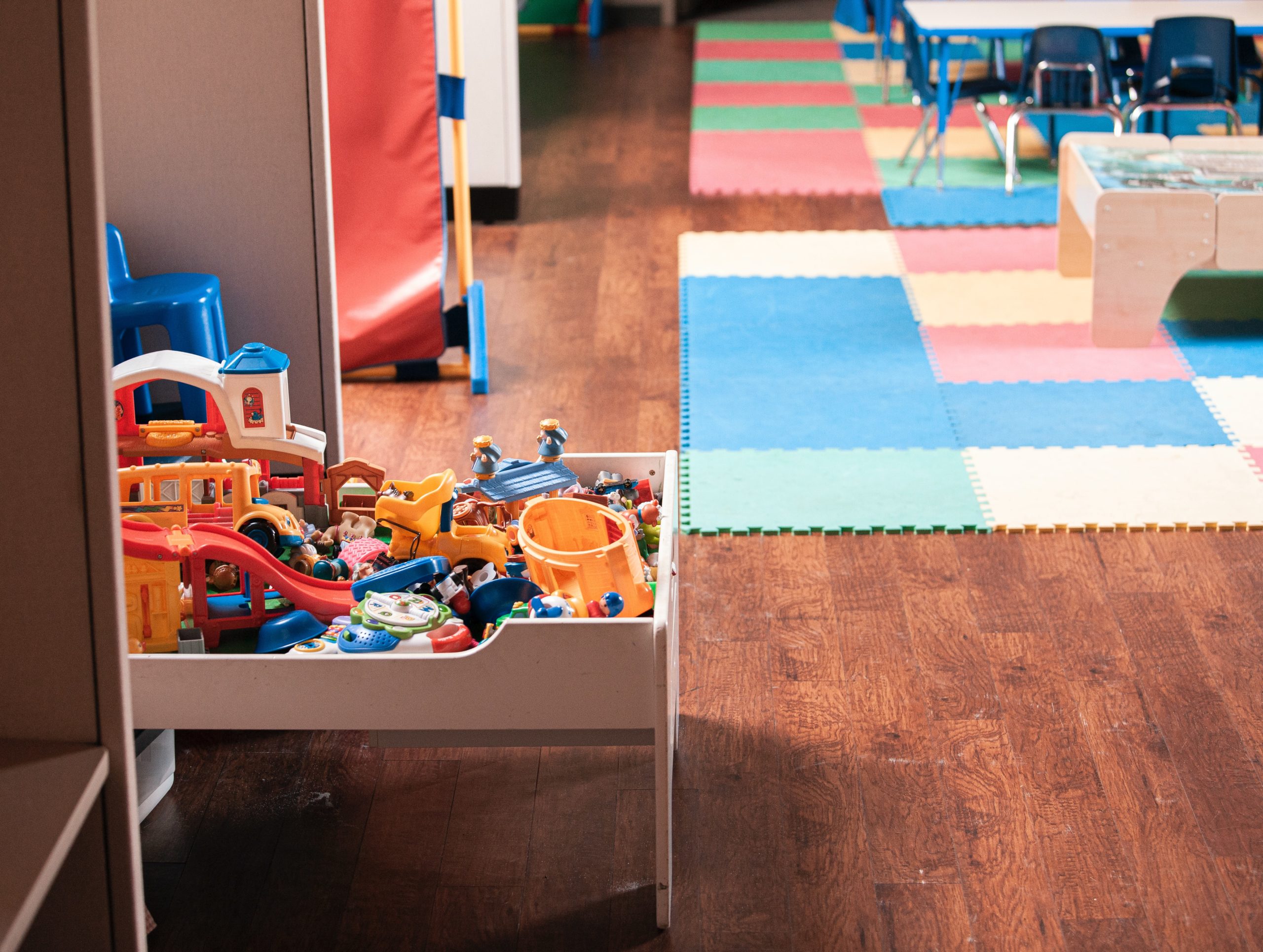If you’re looking for child care, there are many different types of care you can choose from. For example, you can send your child to a daycare centre, an in-home daycare program, a playgroup or a drop-in centre. Daycare centres generally offer structured programs, whereas a preschool and nursery in Glasgow allow children to have unstructured playtime.

In-home childcare
In-home childcare is an excellent way for parents to take advantage of a professional setting without leaving home. In addition, in-home childcare providers offer flexibility, such as part-time care and sibling discounts. But parents should keep in mind that in-home childcare providers are still businesses, so they expect timely payments and drop-offs.
As with any work, in-home childcare providers must be licensed and regulated to operate legally. As a result, many work long hours for sub-optimal pay. An in-home childcare provider earns around £30,000 a year, but the actual amount varies widely depending on the state.
Daycare centres
Daycare centres are facilities that offer supervised care for children of various ages. They typically have separate classrooms for each age group and outdoor play and food preparation facilities. The staff at these facilities is typically qualified, licensed, and follows state guidelines. Daycare centres may be for-profit or nonprofit.
These institutions may be regulated by local legislation. These laws may set minimum staffing requirements and stipulate minimum ratios. They may also have minimum outdoor space requirements. For programs lasting six hours or more, the ratios may be higher. Some daycares may also require supervision for staff younger than eighteen years old.
Pre-school playgroups
Pre-school playgroups are organised groups of parents and their children who provide quality childcare and socialisation. These playgroups are less formal than nursery Glasgow schools and typically run for a few hours a day during term. Some playgroups have paid workers, while volunteers run others. They may be run by local councils, churches, or community organisations.
Pre-school playgroups may be held in public buildings, parks, and other venues. Parents and caregivers usually stay with their children for the first few sessions and then reduce their attendance as their child becomes more familiar with the environment. Some playgroups charge a small fee for the use of a room, food, and toys, but most are free. Alternatively, parents may hire a qualified childminder for a few hours while their children attend preschool playgroups.
Drop-in centres
Drop-in child care is an excellent option if you’re in a pinch and need someone to watch your child. These centres often offer structured activities, meals, and other benefits. They can also help you accomplish errands without worrying about your child’s safety or boredom. You may want to visit a few different drop-in centres before choosing the one you want to use. Then, you can ask questions to get a feel for what they’re like and how they handle your child’s needs.
Drop-in centres offer a safe and fun environment where your child can play with other children. These centres also provide structured activities with licensed providers. The staff will keep your child engaged and occupied with games, arts and crafts, and movie nights. They will also sometimes organise talent shows, luaus, or diva parties. Some drop-in centres have extended hours during special events or holidays.
Holiday schemes
Holiday schemes for childcare provide a safe and stimulating environment for children during school holidays. They offer a variety of activities and may operate on a booking system with discounts if booking in advance. They can be used by schools, private companies, or charities. Some schemes also provide childcare for children with disabilities and special educational needs.
The challenge is to ensure that access to high-quality childcare is equitable across communities. This is particularly difficult for children living in rural and sparsely populated areas, which may have limited access to adequate childcare workers and facilities. Further, local authorities with remote or island communities may face difficulties recruiting appropriate staff to run holiday programmes for the children.






